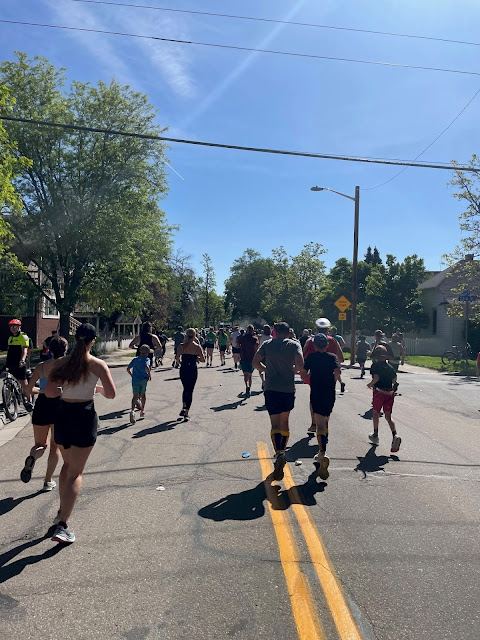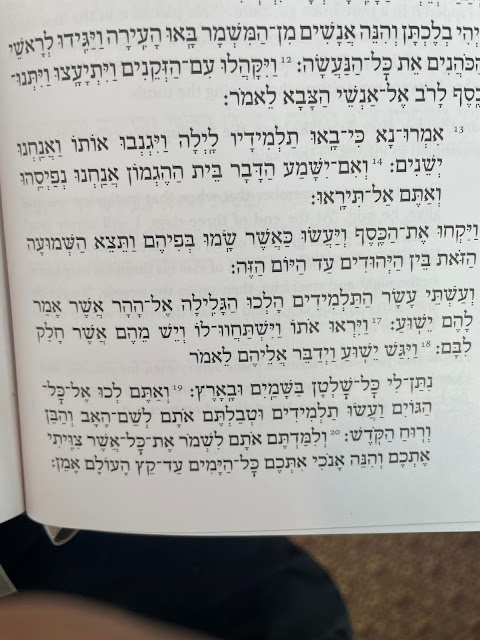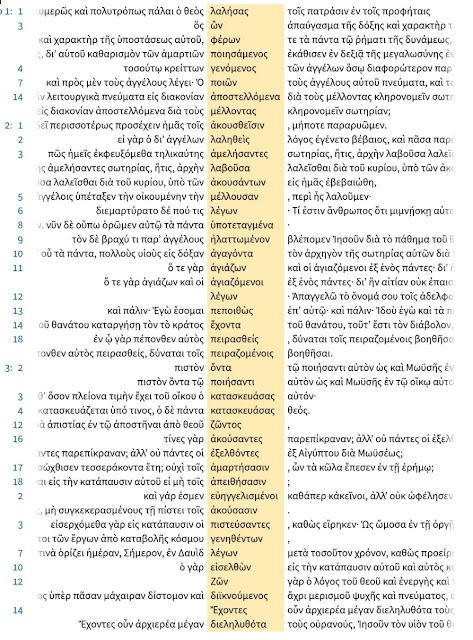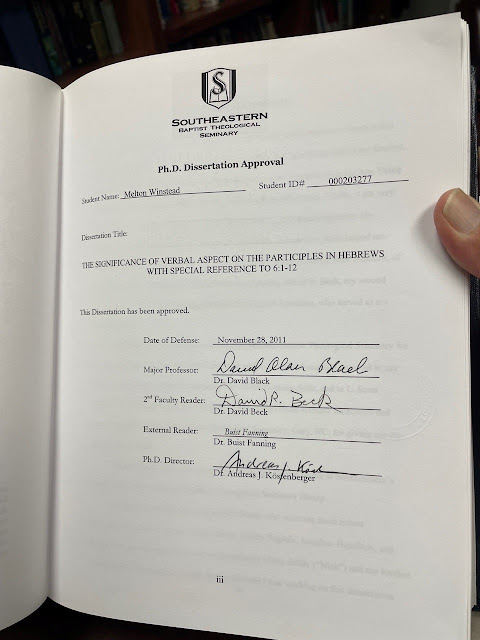Just back from Boulder -- home of the University of Colorado, yoga, tattoo parlors, bike lanes, photo enforced speed limits (nobody speeds in Boulder), cannabis farms, spectacular scenery, and the world's largest 10K race. It's arguably the biggest two weekends in the Denver metro area, with the Colfax Marathon last weekend and the Boulder Bolder this weekend. Bolder Boulder is really doing a great job by finishing in Folsom Stadium at CU in front of all the other runners. In my opinion, this race ranks as one of the best you can ever experience. I give an A+ gold star to the race directors for great video coverage of the elite men's and women's races on the jumbotron. I loved the aerial shots. Remember, this is one of those odd races where the elites run AFTER the public later in the morning, starting at 11:00 and finishing about 30 minutes later before a crowd of 50,000 racers in the stadium who've already run. The elite field is an international one, including professional athletes from the US, Great Britain, Kenya, Tanzania, and many other nations. This year the men's race was a real thriller, with American Conner Mantz just beating out a Kenyan runner. At mile 5, Conner fell way behind and then, bam, he was right back in the game. I yelled myself hoarse when he entered the stadium and broke the tape. USA! USA!

In case you didn't know, Boulder is a super fit city. It reminds me a lot of Raleigh in this regard. So it's not surprising that the city would host what I'm calling "The World's Greatest Block Party." The whole city shuts down for the runners, and there are crowds cheering you on literally every inch of the course.
There are so many good, God things about my weekend that I know I won't be able to cover everything. Let's start with my Airbnb. It's that little house you see on the grass.
(Kidding.) Actually, I stayed in a lovely country home only 6 miles from Boulder and about the same distance from a town called Lafayette. All the comforts of home at the fraction of the cost of a hotel downtown. I was up and at 'em early everyday and found an IHOP where I could grab some breakfast and spend some time in my Bible.
All three mornings I ate there the place was completely empty except for yours truly.
I told my server that you can't get a seat in an IHOP in Raleigh at 6:00 am, the place is so crowded. I'm chalking it up to the fact that the students have all left town for the summer. But with 50,000 people in town for the race, it was surprising nonetheless.
As for outdoors activities, I was able to get to several places on my bucket list. You can't visit Boulder without hiking to Boulder Falls up in the mountains.
It was flowing torrentially due to the spring melt. I also got in a 4 mile shakeout run at this park.
It's at the foot of the Flatirons. Tourists often refer to the Flatirons as a mountain range, but locals call it a rock formation, and a very unique one at that.
I'd climb them if I had the courage, but alas -- they are way beyond my skill level. Something to enjoy at a distance though. Finally, before heading back to the airport yesterday I drove south of Denver to snap a picture of the famous Red Rocks outdoor amphitheater.
How I would enjoy watching a live concert here.
Did I mention the local cuisine? My teeth just about fell out when I discovered that Lafayette had -- of all things -- an Ethiopian restaurant. I dined here twice.
Then, after the race on Monday, I had dinner at the local Nepalese restaurant. The food was absolutely delicious -- hot and spicy.
Now to the race itself. The first wave kicked off at 6:55 am.
Man, these dudes were fast. The guy in the banana suit was really "peel-ling" out. This was my view as I waited in line for my wave to start. A sea of humanity!
An hour and a half later we arrived at the start line.
We were all more than ready to release all our pent-up energy. Suddenly we were off.
To say that the race was well organized would be a huge understatement. I counted at least 20 bands inspiring us runners to keep going.
My biggest concern going into this 10K was how I would be affected by the elevation.
Thankfully, however, my body didn't seem to notice in the slightest that it was running at an elevation of over a mile. I have my parents to thank for that since it's all a matter of genes. (Some really fit people can't handle elevation.) Finally, the moment we'd all been waiting for -- arriving at Folsom Stadium for a finish line experience that can only be compared to what I imagine finishing a race in ancient Greece must have felt like. (Heb. 21:1 -- "Since we have such a huge crowd of spectators watching us from the stands.")
It was amazing.
Final Thoughts: Running a race means different things to different people. I wanted to run a race I could be proud of. In the end, I finished in 20,446th place out of 50,000 runners. Just think. If I can improve by a mere 5,000 places each year, I could win this race in 4 years :-)
Listen. I went running, and that was the main thing. To do so with 50,000 other people from all walks of life made it so much the better. Everywhere I went I had a chance to become acquainted with my fellow athletes and other people I met. When possible, I shared my testimony with them, as I did with the sweet owner of the Ethiopian restaurant and her niece.
Let's face it. Running may be satisfying, but the only true satisfaction comes from walking with Jesus day after day after day. That said, I still enjoy running during my daily walk with the Lord. Running is hard but that's why we do it. I know my body pretty well. I know that if I didn't exercise I would probably sit on my front porch eating Doritos all day. Something physiologically, emotionally, mentally, and spiritually satisfying starts to happen when you run. This transformation is so powerful that you can't wait for your next run.
 |
| At mile 5 during the Bolder Boulder. |
Running (I hope) makes me a better person inside and out. Trying for new goals and meeting new faces will never get old.
I can't conclude this post without a special thank you to the One who makes all this possible -- the One in whom we live and move and have our being. Nothing would be possible without his grace. THANK YOU.

















































